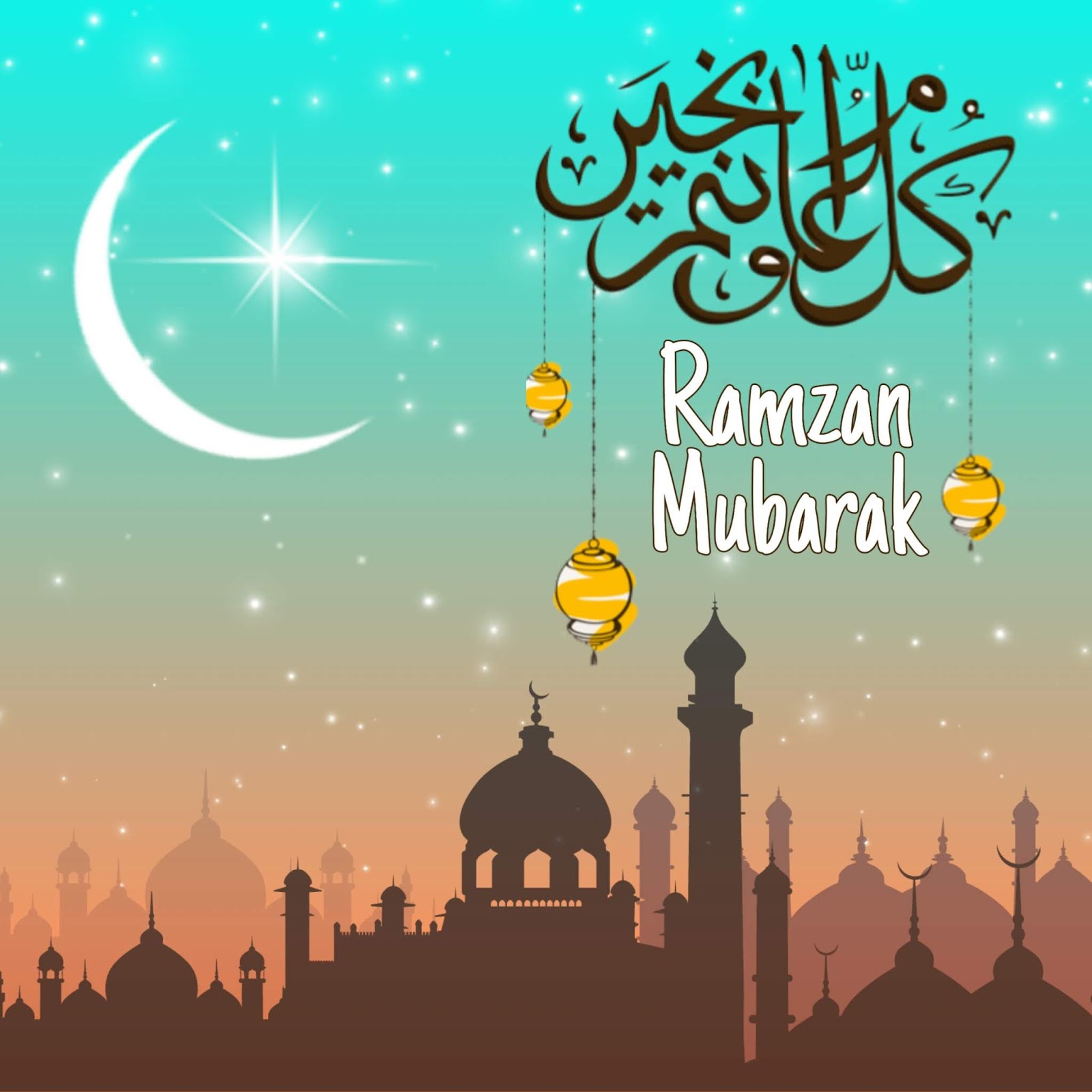Ramadan is a sacred month observed by millions of Muslims around the world, marking a time of reflection, prayer, and community. During this month, the phrases "Ramadan Mubarak" and "Ramadan Kareem" are commonly exchanged as greetings among friends, family, and fellow believers. While both expressions convey good wishes during this holy period, they carry distinct meanings and cultural nuances that are worth exploring.
As the crescent moon signals the beginning of Ramadan, a month dedicated to fasting and spiritual growth, the greetings "Ramadan Mubarak" and "Ramadan Kareem" take on special significance. Understanding these phrases deepens our appreciation of the customs and traditions associated with this holy month. This article delves into the meanings behind these phrases, their usage, and how they reflect the spirit of Ramadan.
Whether you are a practicing Muslim or simply curious about Islamic traditions, learning about Ramadan and the greetings exchanged during this time can foster greater understanding and respect for diverse cultures. In this exploration, we will answer common questions related to Ramadan Mubarak and Ramadan Kareem, shedding light on their importance and the values they represent.
What Does Ramadan Mubarak Mean?
Ramadan Mubarak is a greeting that translates to "Blessed Ramadan." It is a way to wish others a prosperous and spiritually fulfilling month. The term "Mubarak" signifies blessings and good fortune, making this greeting a heartfelt expression of goodwill. It emphasizes the importance of sharing joy and kindness during the holy month.
What Does Ramadan Kareem Mean?
On the other hand, Ramadan Kareem means "Generous Ramadan." This greeting highlights the spirit of generosity and giving that is central to the observance of Ramadan. During this month, Muslims are encouraged to engage in charitable acts, share their blessings, and support those in need. Therefore, saying "Ramadan Kareem" invokes the essence of compassion and generosity.
How Are These Greetings Used in Daily Life?
Both Ramadan Mubarak and Ramadan Kareem can be used interchangeably; however, the choice of greeting may depend on personal preference or cultural context. Many people opt for "Ramadan Mubarak" when they first meet someone during the month, while "Ramadan Kareem" may be used in the context of sharing food or giving to charity. Regardless of which phrase is used, the underlying sentiment of goodwill remains the same.
Are There Cultural Variations in Greeting Styles?
Indeed, the way Ramadan Mubarak and Ramadan Kareem are expressed can vary across different cultures and regions. In some countries, additional phrases or customs may accompany these greetings, reflecting local traditions and practices. For example, in certain Middle Eastern cultures, it is common to greet friends with a warm embrace or a kiss on the cheek, while in other regions, a simple handshake may suffice.
How Do These Greetings Foster Community Spirit?
The exchange of Ramadan Mubarak and Ramadan Kareem fosters a sense of unity and community among Muslims. During Ramadan, people come together to break their fasts, attend prayers, and engage in acts of charity. By sharing these greetings, individuals reinforce their connection to one another and the larger Muslim community, promoting a culture of mutual support and solidarity.
What Are Some Other Common Practices During Ramadan?
- Fasting from dawn until sunset.
- Increased prayer and recitation of the Quran.
- Charitable giving (Zakat) and acts of kindness.
- Community iftar meals to break the fast.
How Can Non-Muslims Participate in Ramadan?
Non-Muslims can show respect and support during Ramadan by learning about its significance and being mindful of the practices of their Muslim friends and neighbors. Simple gestures, such as offering greetings like "Ramadan Mubarak" or "Ramadan Kareem," can go a long way in expressing solidarity and appreciation for this important time. Additionally, participating in interfaith dialogues and community events can help foster understanding and friendship.
What Are the Spiritual Benefits of Ramadan?
Ramadan is not only a time for fasting but also a period for spiritual growth and reflection. Participants often report feeling a deeper connection to their faith, increased empathy for those who are less fortunate, and a renewed commitment to their spiritual practices. Engaging in prayer, reflection, and community service during this month helps to cultivate a sense of gratitude and mindfulness that extends beyond Ramadan.
Conclusion: Embracing the Spirit of Ramadan Mubarak and Ramadan Kareem
In conclusion, whether one chooses to say "Ramadan Mubarak" or "Ramadan Kareem," the essence of both greetings lies in their ability to convey blessings, generosity, and goodwill. As the month of Ramadan unfolds, let us embrace the spirit of compassion, community, and spiritual growth that these greetings represent. By understanding and sharing in this beautiful tradition, we can foster a greater sense of connection and respect for one another, enriching our communities and our lives.




